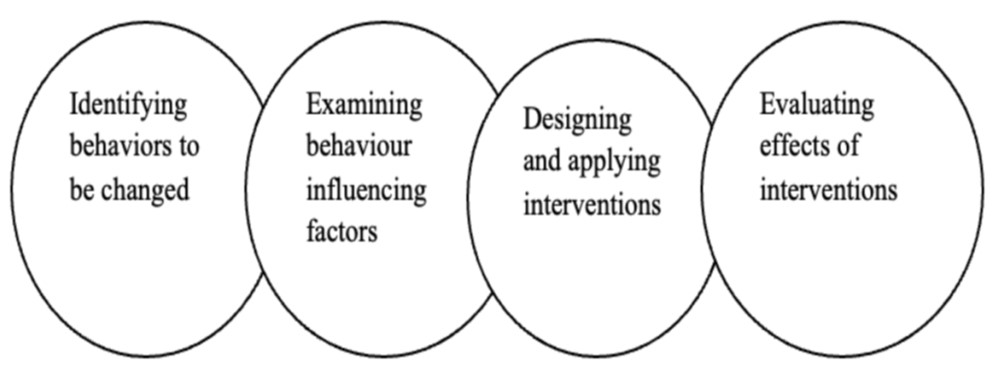
Geographical analysis
Department of Geography & GIS

Department of Geography & GIS

Geographical analysis
DOI: 10.53989/bu.ga.v12i2.23.5
Year: 2023, Volume: 12, Issue: 2, Pages: 22-24
Original Article
Komal S Ullegaddi1∗, Ashok D Hanjagi2, M Sreenivas3
1 Guest Faculty, Department of Psychology, Bangalore University, Bangalore, 560056
2 Dean, Faculty of Science, Department of Geography& Geoinformatics, Bangalore University, Bangalore, 560056
3 Professor & Chairman, Department of Psychology, Bangalore University, 560056, Bangalore
*Corresponding author email: [email protected]
Received Date:12 August 2023, Accepted Date:20 November 2023
Practicing "pro-environmental" behavior is one of the most significant in psychological research. Environmental issues have drawn international attention because environmental degradation has caused problems for human throughout the last few decades. It is feasible to connect this environmental degradation to human activity. Under sustainable environmental condition, that can be better human environmental behaviour. The term "pro-environmental behavior" describes the decisions and actions people take to improve sustainability and decrease their negative effects on the environment. In this review article, the authors makes an effort to comprehend how human behavior is influenced by the physical environment and how behavior and attitude affect the environmental circumstance with a special focus on green sustainable or pro-environmental practices. When it comes to engaging in pro-environmental behavior, there are various factors that play a vital role, such as knowing about the problem, human values, and environmental concerns. The writers offer a four-step model to encourage people to change their behavior in favor of the natural environment. A variety of theoretical and methodological strategies are available to enhance pro-environment behaviour. Additionally, the authors emphasize how important it is for people to form a strong connection with nature. This suggests that developing a common understanding and assessing people's unique subject-matter expertise in environmental education are essential.
Keywords
Degradation of the environment, Pro-environmental behavior, Models and theories of environment-behavior relationship, Psychological benefits’ of connecting with nature
© 2023 Ullegaddi et al.This is an open-access article distributed under the terms of the Creative Commons Attribution License, which permits unrestricted use, distribution, and reproduction in any medium, provided the original author and source are credited.
Published By Bangalore University, Bengaluru, Karnataka
Subscribe now for latest articles and news.